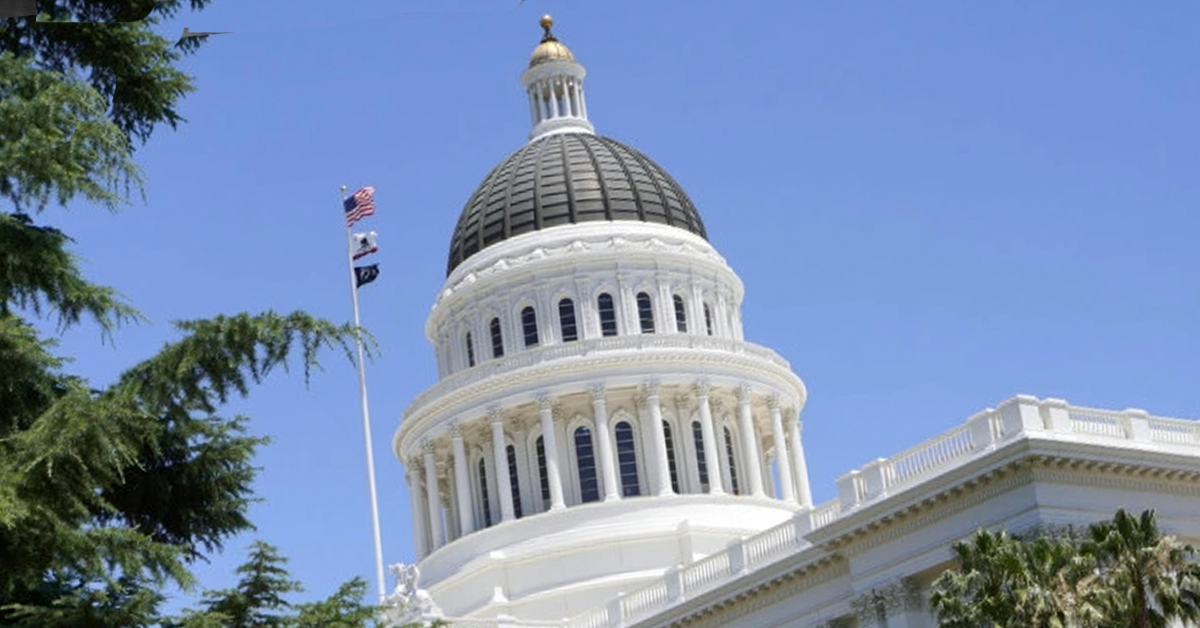Sacramento District Attorney Thien Ho has threatened to file criminal charges against Sacramento city officials in response to their handling of the homelessness crisis, accusing them of being too lenient in their approach and failing to enforce rules.
Dive deeper: Ho has given city officials 30 days to implement several changes, including a daytime camping ban where homeless individuals must store their belongings between 6 a.m. and 9 p.m., or else face potential criminal charges under state public nuisance laws.
- Ho’s investigation into officials’ conduct revealed their inconsistency in enforcing rules, leading to what he describes as “an unprecedented public safety crisis” caused by the presence of encampments on sidewalks
- Homelessness has visibly increased in cities across the U.S., particularly in California, where nearly one-third of the country’s unhoused population resides. Sacramento alone has seen a 67 percent increase in its homeless population between 2019 and 2022.
- In addition to the daytime camping ban, Ho demands that all 16 encampments within the city’s limits be cleared, 24-hour shelter beds be provided for homeless individuals, citations be issued to those who refuse shelter, and the hiring of four additional city attorneys for the enforcement of city rules.
- Sacramento Mayor Darrell Steinberg criticized Ho, accusing him of politicizing the issue and refusing to collaborate with the city.
- Steinberg claims to have presented proposals to Ho for expanding mental health and drug courts, as well as alternatives to misdemeanor charges for homeless individuals, but received no response.
- Ho’s letter did not specify which city officials could potentially face charges.
Wrinkle in the action: The dispute between Ho and the city is further complicated by a temporary ban on clearing homeless encampments during extreme heat, issued by a federal judge in response to a lawsuit filed by a homeless advocacy group.
A take from the other side: Critics of Ho’s demands express concern that a daytime camping ban and stricter enforcement of city rules would disrupt the lives of many homeless individuals, without effectively addressing the underlying issues.










